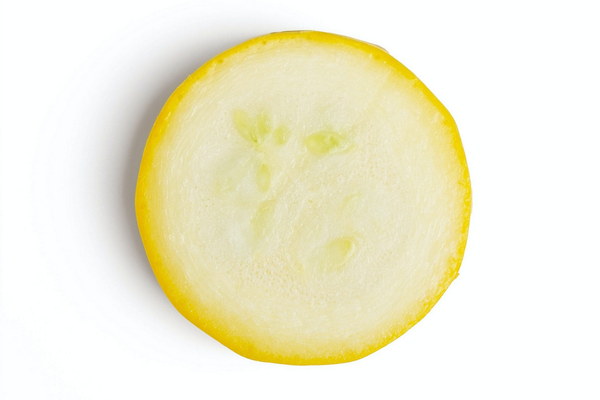Are Roasted Black Beans Effective for Kidney Health A Nutritional Insight
Roasted black beans have long been a staple in many diets, celebrated for their rich flavor and nutritional benefits. One of the most debated aspects of black bean consumption is their potential to boost kidney health. But is there any truth to the claim that roasting these legumes can serve as a natural remedy for kidney health? Let's delve into the nutritional science to find out.
The Nutritional Profile of Black Beans
Black beans are an excellent source of essential nutrients, making them a nutritious addition to any diet. They are packed with fiber, protein, vitamins, and minerals that contribute to overall health. Here's a breakdown of some key nutrients found in black beans:
1. Fiber: Black beans are high in fiber, which aids in digestion and can help prevent constipation. This is particularly beneficial for individuals with kidney disease, as maintaining a healthy digestive system is crucial for overall kidney health.
2. Protein: With a high protein content, black beans can help build and repair tissues. This is especially important for individuals with kidney disease, who may need additional protein to support their weakened kidneys.
3. Vitamins and Minerals: Black beans are rich in essential vitamins and minerals, such as iron, magnesium, potassium, and folate. These nutrients play a vital role in maintaining kidney function and preventing kidney disease.
The Role of Roasting in Nutrient Preservation
When black beans are roasted, their texture and flavor change, but how does this affect their nutritional value? Roasting can have both positive and negative effects on the nutrient content of black beans:
1. Antioxidants: Roasting can actually increase the levels of antioxidants in black beans. These compounds help protect the body against oxidative stress, which is a significant risk factor for kidney disease.
2. Vitamin Loss: On the downside, roasting can also lead to a loss of some vitamins, particularly water-soluble vitamins like vitamin B1 and vitamin C. However, the overall nutrient content of black beans remains high, and the benefits of consuming them are still substantial.
The Connection to Kidney Health
So, does roasting black beans make them a superfood for kidney health? While there is no definitive scientific evidence to suggest that roasting black beans specifically improves kidney health, the nutritional benefits of black beans are well-documented.
Here are some ways in which black beans, whether roasted or not, can contribute to kidney health:
1. Fiber: High-fiber diets can help lower blood pressure and reduce the risk of kidney disease. The fiber in black beans can also help reduce the amount of calcium and phosphorus absorbed by the kidneys, which can be harmful in excessive amounts.
2. Protein: Adequate protein intake is essential for maintaining kidney function, especially in individuals with kidney disease. Black beans provide a plant-based protein source that is easy on the kidneys.
3. Vitamins and Minerals: The vitamins and minerals found in black beans, such as potassium, magnesium, and folate, are important for maintaining kidney health. Potassium, for example, is crucial for balancing fluid and electrolytes in the body, which is vital for kidney function.

Conclusion
In conclusion, while roasting black beans may slightly alter their nutritional profile, the overall health benefits of including black beans in your diet are significant. Whether roasted or not, black beans are a nutritious addition to a kidney-friendly diet. Their high fiber, protein, and essential nutrients can support kidney health and help prevent the progression of kidney disease. So, the next time you're considering a kidney-boosting snack, don't hesitate to reach for a handful of roasted black beans. Your kidneys will thank you!









